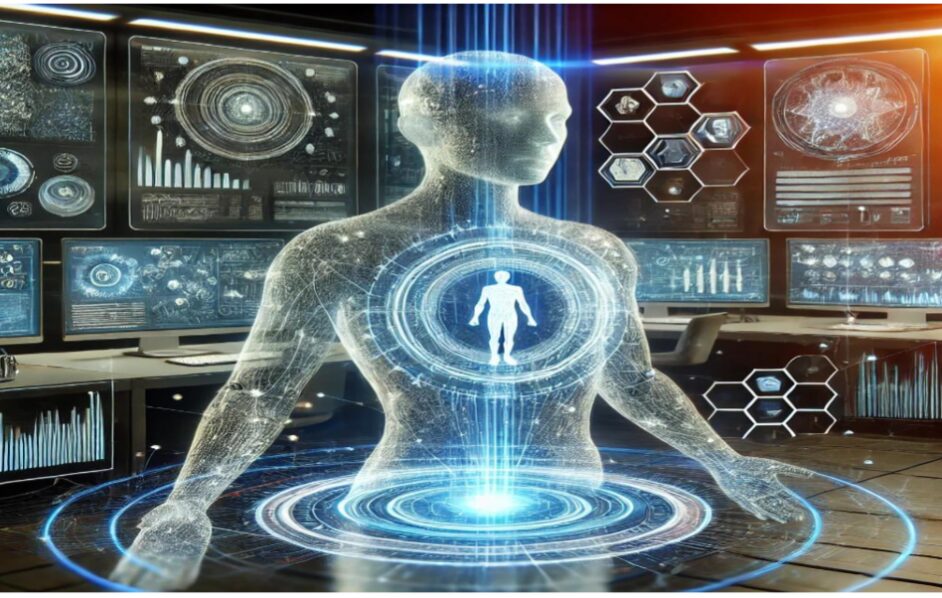
Introduction
AI agents are revolutionizing the landscape of automation, decision-making, and human-AI collaboration. These intelligent entities operate autonomously, executing complex tasks with minimal human intervention. This article explores the architecture, capabilities, and future impact of AI agents in various domains.
Technical Foundation of AI Agents
Core Components
AI agents are built upon a sophisticated interplay of technologies, including:
Perception Mechanisms: Leveraging computer vision and natural language processing (NLP) to interpret real-world inputs.
Reasoning and Decision-Making: Implementing reinforcement learning, logic-based inference, and knowledge graphs.
Autonomous Execution: Utilizing automation frameworks and APIs to interact with software and hardware environments.
Continuous Learning: Enhancing decision-making through machine learning and adaptive algorithms.
Example: Simple AI Agent Decision Loop
class AIAgent:
def __init__(self):
self.knowledge_base = {}
def perceive(self, input_data):
return self.process(input_data)
def process(self, data):
return “Processed: ” + data
def act(self, decision):
print(“Executing: “, decision)
agent = AIAgent()
agent.act(agent.perceive(“Analyze market trends”))
Types of AI Agents
1. Reactive Agents
Operate without memory, responding purely to stimuli.
Used in real-time applications like robotics and gaming AI.
2. Deliberative Agents
Utilize reasoning models to make informed decisions.
Common in AI-powered assistants and financial forecasting systems.
3. Hybrid Agents
Combine reactive and deliberative approaches for enhanced flexibility.
Examples include self-driving cars and intelligent customer support bots.
Industry Applications of AI Agents
1. Business and Finance
Algorithmic trading platforms that adapt to market fluctuations.
AI-driven chatbots enhancing customer service interactions.
2. Healthcare
Virtual health assistants providing real-time medical guidance.
AI agents assisting in drug discovery through predictive modeling.
3. Smart Infrastructure
AI-driven energy management systems optimizing power consumption.
Autonomous traffic control agents reducing congestion in smart cities.
Challenges and Future Directions
Key Challenges
Ethical Concerns: Ensuring AI decisions remain unbiased and transparent.
Security Risks: Safeguarding AI agents from adversarial attacks and data breaches.
Scalability Issues: Enhancing the adaptability of AI agents in dynamic environments.
Future Trends
Integration of Multi-Agent Systems (MAS) for cooperative AI behavior.
Explainable AI (XAI) to enhance interpretability in decision-making.
Advances in Neurosymbolic AI merging deep learning with symbolic reasoning.
Conclusion
AI agents are shaping the future of automation, streamlining processes, and enhancing decision-making capabilities across industries. With continued advancements, AI agents will become more autonomous, intelligent, and indispensable in modern technological ecosystems.
References
Russell, S., & Norvig, P. (2021). Artificial Intelligence: A Modern Approach.
Sutton, R. S., & Barto, A. G. (2018). Reinforcement Learning: An Introduction.
LeCun, Y. et al. (2023). Frontiers in Autonomous AI Systems.
Market Report (2024). The Future of AI Agents in Automation.






